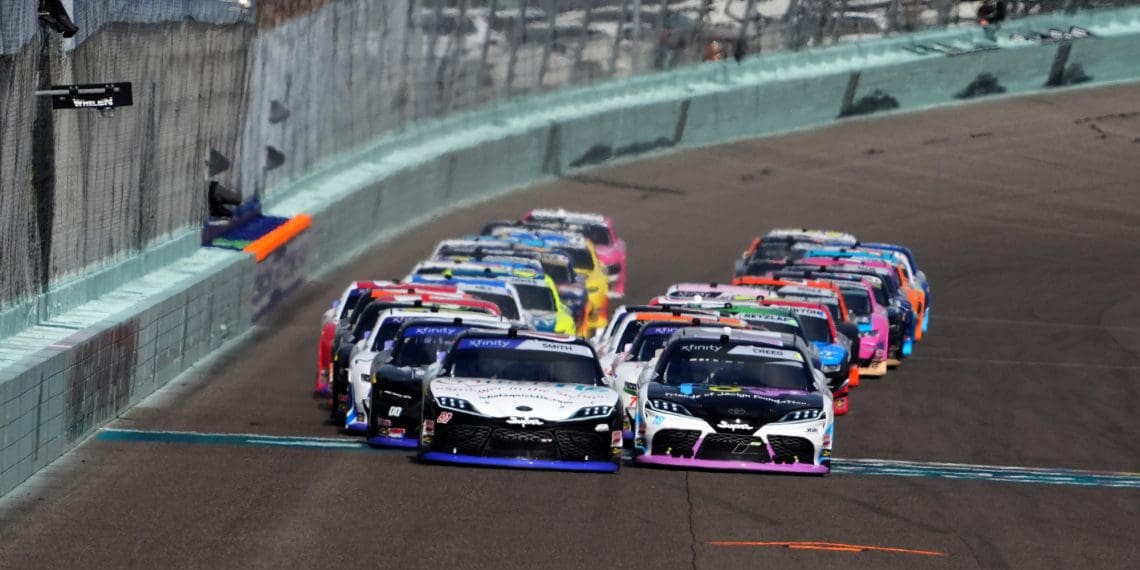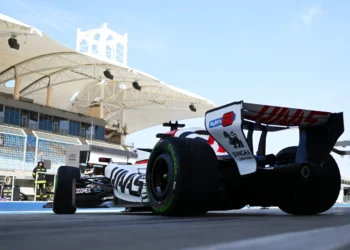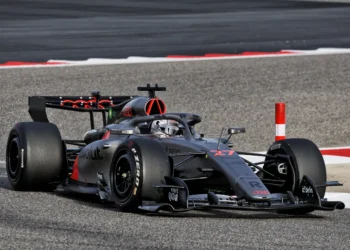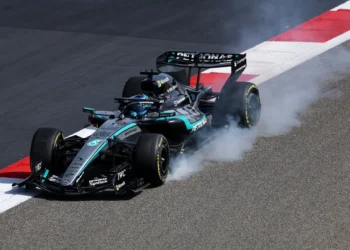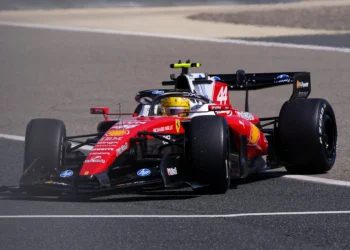NASCAR Faces Backlash Over Controversial Rule Change: Is It Enough?
In the high-octane world of NASCAR, the return of veteran drivers for one-off races often stirs excitement and nostalgia among fans. However, the sport has recently come under fire due to its controversial approval process, leaving many questioning its fairness and transparency. The heart-wrenching case of NASCAR veteran Mike Wallace, who was denied entry to the 2025 Daytona 500, has only fueled the debate.
Wallace, who aimed to honor his late wife Carla by competing in the iconic race, faced disappointment when NASCAR’s ruling dashed his hopes. Despite having secured a ride with MBM Motorsports, now Garage 66, and passing all necessary physical tests, Wallace was ultimately deemed ineligible. This occurred after NASCAR President Steve Phelps had seemingly assured Wallace of his participation, a promise that was later contradicted by NASCAR’s senior vice president of competition, Elton Sawyer.
NASCAR’s Rule Revisions: A Smoke Screen?
The furor surrounding Wallace’s exclusion prompted NASCAR to tweak its rules concerning driver eligibility. The new rule stipulates that any driver who hasn’t competed in an approved series for over 365 days must resubmit their racing credentials. However, critics argue that this minor adjustment merely diverts attention from the ongoing inconsistencies plaguing the approval process.
Confusion reigns over what constitutes an “approved series.” While drivers like Katherine Legge and Helio Castroneves have been granted access based on their performances in other major races, such as the Indy 500, Wallace’s extensive Superspeedway experience was overlooked due to his decade-long hiatus. This discrepancy raises a critical question: should NASCAR prioritize recent activity over a driver’s extensive experience?
The Double Standards in Driver Approvals
Adding fuel to the fire, Casey Mears, another veteran driver, has been cleared to compete in the upcoming Martinsville race despite a six-year absence from the Cup Series. Mears justified his approval by noting that Martinsville is not a Superspeedway, unlike Daytona. He stated that running shorter tracks first is a prerequisite for Superspeedway approval, highlighting a perceived inconsistency in the approval process.
NASCAR’s rationale posits that by competing in shorter or road course races, drivers can familiarize themselves with the Next-Gen car, theoretically preparing them for more demanding Superspeedway races. Yet, many argue that experienced veterans like Wallace could quickly adapt with minimal practice, given their extensive track record.
Is NASCAR’s Approval Process Fair?
The stringent requirements for drivers like Wallace, who would need to navigate a complex series of races to gain eligibility, appear excessive for a one-off appearance. Critics suggest that NASCAR should make exceptions for seasoned drivers, recognizing their past achievements and experience.
As the debate rages on, fans and insiders alike are left wondering if NASCAR’s recent rule change is a genuine attempt to address criticism or merely a superficial move to quell dissent. What do you think about NASCAR’s approval process? Share your thoughts and join the conversation.

